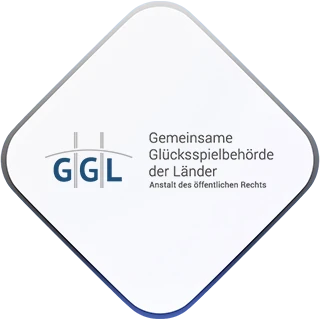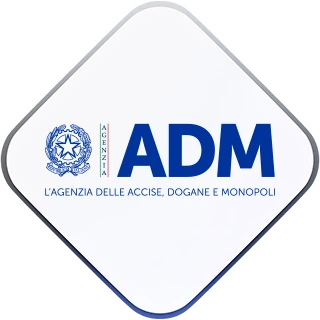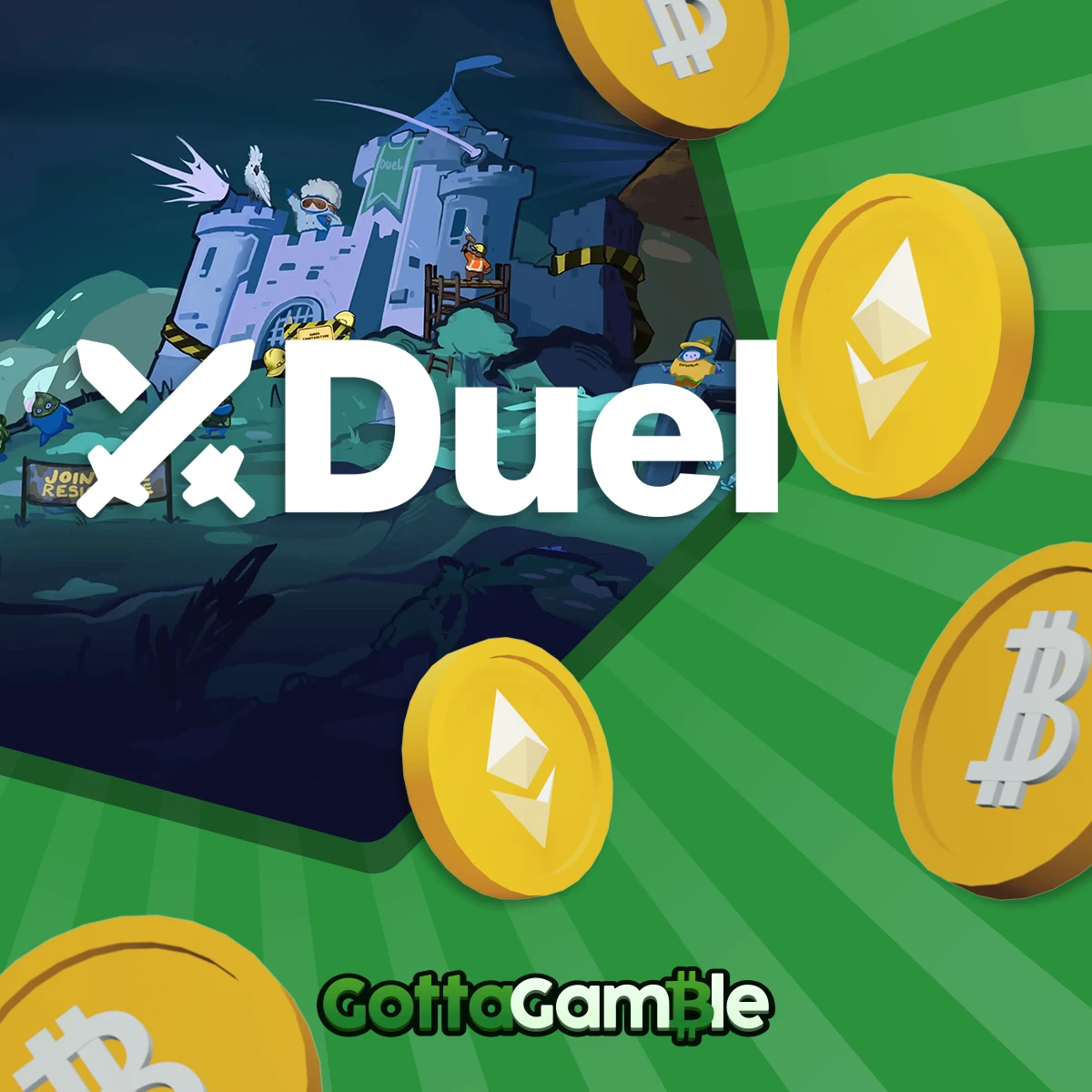Online Gambling Regulation in Europe: Legislation, Trends, & Crypto Future
While Europe remains one of the most advanced markets for crypto gambling, the ensuing ‘Tether Ban’ threatens to change it.
Casino Expert
03 November, 2025
Last Update
Table of content
The European Union – and Europe in general – is one of the most vibrant online gambling markets anywhere in the world. It has been growing steadily over the years, generating a solid €123.4 billion in 2024 in the EU alone.
Online gambling regulation in Europe is also one of the world’s most diverse. It represents a complex patchwork of mostly regulated and a few unregulated markets, where every country is largely left to organize gaming activities as it sees fit.
While the crypto part of it is set to change with the gradual implementation of the MiCA Law, European nations remain largely autonomous with regard to local legislation, licensing, and setting the iGaming ground rules within their jurisdictions.
Join us as we take a sweeping look at gambling regulation on the Old Continent. We’ll look at some of the largest European regulatory frameworks, examine the rise of crypto gambling and its growing intersection with regulatory oversight, and attempt to explore where the market is heading next.
MiCA Law & Gambling with Crypto
Let’s get the cat out of the bag first. Europe is a major player in the global crypto gambling, accounting for a substantial portion of its $250 million market share, and Tether (USDT) stands out as the most widely used currency in the region. While comprehensive data is limited, several industry reports suggest that USDT accounted for approximately 50% of all cryptocurrency deposits in recent months.
However, the introduction of the EU’s Markets in Crypto-Assets Regulation (MiCA) – passed in 2023 but being implemented in phases – may lead to its ban. Adopted as a legislative framework to govern crypto-assets, stablecoins, and crypto service providers across the Union, MiCA introduces strict policies for stablecoins, which must follow specific guidelines to be allowed on regulated platforms.
For crypto casinos, this means that any stablecoin not meeting MiCA’s strict standards (such as the US Dollar-backed USDT) will be banned in all 27 EU member states. When will this happen? The current roadmap suggests Q3 2025, but it could be easily delayed to 2026.
Gambling Regulation in Europe
European nations can govern online gambling for themselves, and every country allows at least one form of gambling. As a result, the continent forms a complex iGaming landscape, from state-run monopolies like Finland (until 2026), Austria, and Norway to more liberal, open markets in Malta.
We won’t delve into the details of every national framework, but rather the broader legislative trends, flag key regulatory challenges, and spotlight major jurisdictions that play an outsized role in shaping the future of Europe’s gambling ecosystem.
Online Gambling Inside the EU
The European Union doesn’t have a unified gambling law that all member states must abide by. However, the Court of Justice of the European Union (CJEU) has issued several rulings, mostly upholding Article 56 of the TFEU (which protects cross-border gambling services). These rulings have since become an unwritten norm.
Likewise, the European Commission’s 2014 consumer protection guidelines for online gambling serve as a powerful guidance tool, aiming to mitigate high-risk gaming and excessive advertising.The EU’s main concern is to ensure player protection; how it’s done is left to the member states to figure out.
As things stand, online gambling is legal in Italy, Germany, the Netherlands, Spain, Ireland, Hungary, Bulgaria, Croatia, the Czech Republic, and indeed most of the countries in the region. Some nations have very specific laws, like Ireland’s ban on gambling ads between 5:30 am and 9:00 pm, while others, like Czechia, are content with imposing heavy taxes (23% to 35%).

Germany
Europe’s No. 1 economy may have legalized all forms of online gambling in 2021, but it’s still recognized as one of the strictest environments for this popular pastime. It has to do with restrictions imposed on players, such as a monthly deposit cap of €1,000, mandatory breaks, or a maximum stake of €1 per spin on slot machines. As a result, nearly half of Germany’s gambling activity still takes place outside licensed operators. The fact that Germans can freely use cryptocurrencies certainly helps a great deal.
Italy
Italy holds the crown as the EU’s first member state to formally allow online gambling. Online casino games, including slots, roulette, blackjack, and others, have been legal since 2011. There are approximately 80 active operators, but the recent reform has seen an additional 50 apply for a licence with the Agenzia delle Dogane e dei Monopoli (ADM). However, Italy has not taken crypto to heart and is likely waiting for MiCA to determine its next steps.


Spain
Spain is another haven for online gambling operators, but only those that hold a licence from the Directorate General for the Regulation of Gambling (DGOJ). Two licences actually, one valid for 10 years and another valid for 1-5 years. Weekly losses of €600+ are flagged and may result in restrictions like credit card bans on gambling sites. Like Italy, Spain is biding its time on crypto.
Online Gambling Outside the EU
Similarly, each European country outside the EU has a distinct approach to online gambling. The practice is legal in the UK, as well as in Switzerland, Norway, Andorra, Austria, and a number of Eastern European countries including Serbia, Bosnia, and Montenegro.
The rest are either on their way to legalization or banning online gambling altogether. In these markets, where local regulation is absent or restrictive, players flock to international casinos en masse.

The UK
The United Kingdom is considered one of the most advanced environments for online gaming activities, and the UK Gambling Commission (UKGC) has maintained the gold-tier status since its inception in 2005. Real-time net spend and session duration must be visible to users at all times, while vulnerability checks apply to players depositing £150 net per 30 days. However, despite efforts to take over the crypto conversation, the UK still struggles with its implementation into gambling.
Switzerland
Switzerland has legalized online casino games, but only if they are run as an extension of Swiss-based land casinos. As a result, only a limited number of online casino sites can operate at any given time (approximately 10), each backed by a physical casino holding a valid Type A or B license and an online extension. As for cryptocurrency, Switzerland is one of the most advanced countries in terms of digital asset recognition, but, again, it still struggles with introducing it to the gambling sector.


Norway
Norway is another European state that allows most forms of online gaming, albeit under a strict state monopoly enforced by Norsk Tipping and Norsk Rikstoto. Norway is also characterized by an aggressive crackdown on illegal sites, which operate effortlessly throughout most of Europe. Lotteritilsynet, the nation’s main gambling regulatory body, has recently banned over 50 unlicensed casinos. Norway is a crypto-friendly nation, recognizing digital assets as capital, but they can’t be used for gambling.
Crypto Gambling in Europe
How about crypto gambling? After all, isn’t that where the industry is headed?
Sure, but until MiCA comes into full effect, digital assets remain in a legal limbo in many European countries, even those that view digital assets with a sympathetic eye, such as France or Slovenia.
The majority of EU member states have either banned gaming with digital assets or the status of crypto remains unresolved. As a result, players are left to look elsewhere and invest their hard-earned BTC into the best international crypto casinos on the market.
The countries that allow gambling with virtual currencies, such as Austria, Belgium, Denmark, Estonia, and a few others, do so under strict regulatory policies that levy huge income tax on transactions (33% flat in Belgium). Even there, casinos choose to stay on the safe side, and very few feature cryptocurrencies as a payment method.
The only outlier is Malta, which is by and large considered a paradise for crypto gaming. Under Malta’s sandbox test of cryptocurrency regulations, operators licensed by the MGA are free to feature cryptocurrencies as payment methods. Still, the island’s crypto operators must hold a Virtual Financial Assets (VFA) licence and meet strict fund segregation and minimum capital criteria (€100,000), as well as have strong AML/KYC policies in place.
A Look into the Future
The European gambling market has a strong momentum for future growth. According to EGBA, the EU’s total gross gaming revenue for 2024 reached €123.4 billion and is on track to surpass the €150 billion mark by 2029.
At the same time, the rollout of the Markets in Crypto-Assets (MiCA) regulation introduces an element of uncertainty, particularly as it pertains to the region’s most used crypto.
Still, the industry is quick to its feet. Some platforms have already begun shifting operations away from USDT and toward USDC and Euro-backed currencies. More are expected to follow suit as regulation tightens and crypto gambling in Europe enters a new era.
Meanwhile, on the regulation front, we’re looking at a fine tango where market growth, player protection, and tech disruption all pull the dance in their direction. We’ll probably see tighter player protection guidelines and increased crackdowns on illegal casinos as countries try to accommodate the predicted market growth.
And tap that tax money amid global financial uncertainty, but that’s a story for another day.
More news

Here Are Top 5 Alternatives to Duel.com Heading Into 2026
Author: Kristoffer
Published: 04.12.2025

Trust Wallet Now Includes Prediction Markets
Author: Kristoffer
Published: 03.12.2025

Nasdaq Is Pushing Towards Asset Tokenization
Author: Kristoffer
Published: 01.12.2025

Best VPNs for Gaming in Late 2025
Author: Kristoffer
Published: 28.11.2025
Casino Expert
Kristoffer is a seasoned expert in cryptocurrency and online gambling, active in both industries since 2014. With deep knowledge of blockchain technology and its impact on iGaming, he provides in-depth reviews and strategic insights to guide readers through the evolving world of crypto casinos with confidence and clarity.








